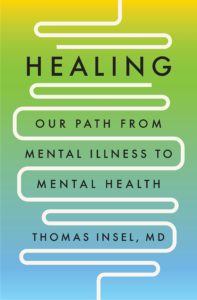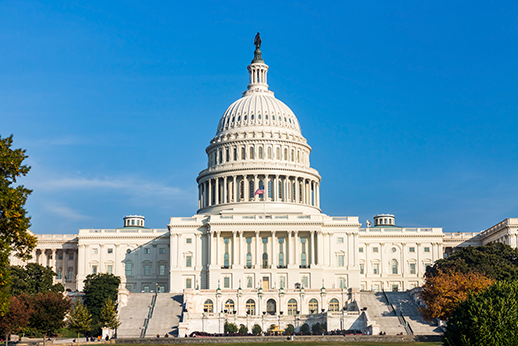
Mental Health Crisis is an Inequality Problem
The connection between Americans’ socioeconomic status (SES) and their health was established long ago and the evidence keeps piling up.
 Less-educated, lower-income workers suffer more medical conditions ranging from arthritis to obesity and diabetes. And the increase in life expectancy for less-educated 50-year-olds was, in most cases, roughly 40 percent of the gains for people with higher socioeconomic status between 2006 and 2018.
Less-educated, lower-income workers suffer more medical conditions ranging from arthritis to obesity and diabetes. And the increase in life expectancy for less-educated 50-year-olds was, in most cases, roughly 40 percent of the gains for people with higher socioeconomic status between 2006 and 2018.
More recently researchers have connected SES and mental health. The foundations are laid in childhood. In one study, the children and teenagers of parents with more financial stresses – job losses, large debts, divorce, or serious illness – have worse mental health. And COVID has only aggravated the nation’s mental health crisis.
In a new book, Dr. Thomas Insel, former director of the National Institute of Mental Health, is concerned about the impact of inequality.
Mental health in disadvantaged communities “is worse because of the world outside of health care. It’s our housing crisis, our poverty crisis, our racial crisis, our increasing social disparities that weigh heaviest on those in need,” he writes in “Healing: Our Path from Mental Illness to Mental Health.”
Trained as a psychiatrist, he argues that policies that address U.S. socioeconomic disparities might ease the mental health crisis through prevention – just as the Affordable Care Act not only treats physical ailments but also prevents them in lower-income workers. Dr. Insel points to a smattering of federal programs like Head Start, which provides structured time and nutritional and educational support to low-income preschool children. And the Nurse-Family Partnership, a non-profit operating in most states, empowers new parents to raise physically and mentally healthy children.
But more is clearly needed, he said, citing an OECD ranking of 41 countries in 2020: the United States came in last in policies that support children’s well-being and 32nd in the well-being of its children and adolescents.
The system for treating mental illness needs repairing too, he said. But rather than only treat people once they are in crisis, social policies that support lower-income families could prevent some problems in the first place.
“More clinics and hospitals and medicines might help,” Dr. Insel writes. “But closing the gap ultimately requires reducing the disparities that caused the gap in the first place.”
The PBS NewsHour recently interviewed Dr. Insel about the nation’s mental health crisis.
Squared Away writer Kim Blanton invites you to follow us on Twitter @SquaredAwayBC. To stay current on our blog, please join our free email list. You’ll receive just one email each week – with links to the two new posts for that week – when you sign up here. This blog is supported by the Center for Retirement Research at Boston College.






